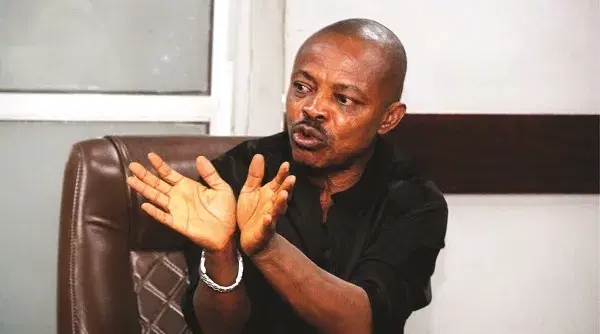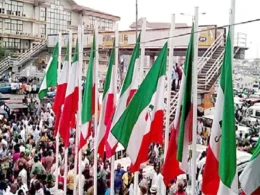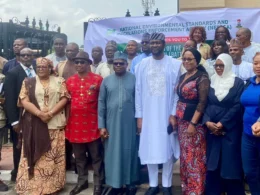The Nigeria Labour Congress (NLC), led by Comrade Joe Ajaero, has strongly criticized the Nigerian Communications Commission’s (NCC) proposal to increase telecom tariffs by 50%. Here’s a summary of the key points:
NLC’s Opposition to the Tariff Hike
- Economic Burden
- Ajaero described the tariff increase as an undue burden on Nigerians, citing the current high inflation, rising transportation costs, increased electricity tariffs, and overall economic challenges.
- He argued that this decision would exacerbate inflation and deepen the economic hardship faced by millions of Nigerians.
- Telecom Sector’s Growth and Profitability
- The NLC pointed out the dramatic growth of Nigeria’s telecom sector, expanding from fewer than 50,000 subscribers to over 200 million active lines.
- Despite this success, telecom operators claim they cannot sustain operations without a 50% tariff increase, which the NLC believes is inconsistent with the sector’s profitability.
- Lack of Stakeholder Consultation
- Ajaero criticized the NCC for bypassing stakeholder engagement, a crucial step in tariff modeling.
- He emphasized that labor unions, civil society organizations, and consumers should be part of the decision-making process to ensure transparency and fairness.
- Call for Alternatives
- The NLC rejected the tariff hike outright and urged the NCC to explore sustainable alternatives that would not jeopardize Nigerians’ livelihoods.
- Ajaero stressed the need for any increase to be equitable and based on genuine consultation.
- Possible Actions
- The NLC plans to consult widely with labor unions, civil society groups, and the general public to decide on a collective course of action.
- A boycott is one option under consideration, though Ajaero highlighted that the final decision will reflect the collective will of Nigerians.
Implications
If the NCC proceeds without addressing these concerns, the NLC’s planned actions could lead to widespread dissent, including potential boycotts or protests. The situation underscores the growing tension between economic policy and the reality of Nigerians’ daily struggles.









